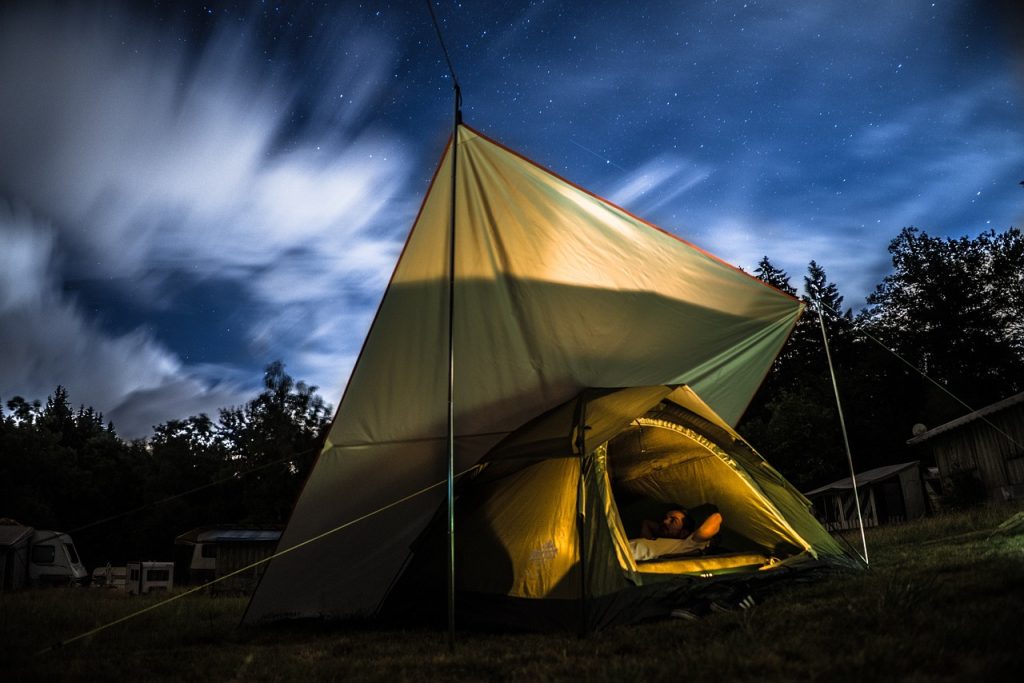
The appeal of van camping lies in its flexibility. Traditional camping involves setting up tents, cooking outdoors, and dealing with the elements, which can be enjoyable but often requires a fair bit of equipment and experience. With van camping, your “tent” is your van, and it comes with most of the amenities of home—beds, cooking facilities, storage, and sometimes even a bathroom.

Suitable for shorter trips, minivans can be adapted for basic camping by adding a sleeping platform and storage. They are affordable, easy to drive, and get good gas mileage, but they lack the space and amenities of larger vans.
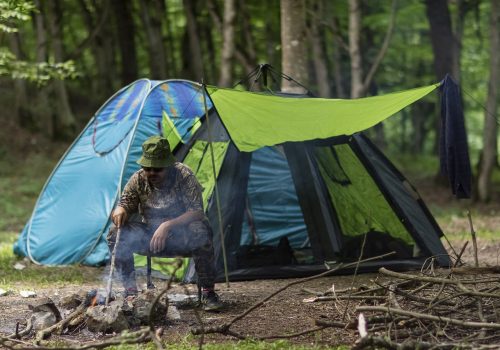
Mid-sized cargo vans like the Ford Transit or Mercedes Sprinter are popular choices for van conversions. They offer ample space for a bed, kitchen, and storage, making them ideal for long-term travel. With added headroom and durability, cargo vans can be customized with solar panels, water tanks, and other off-grid essentials.
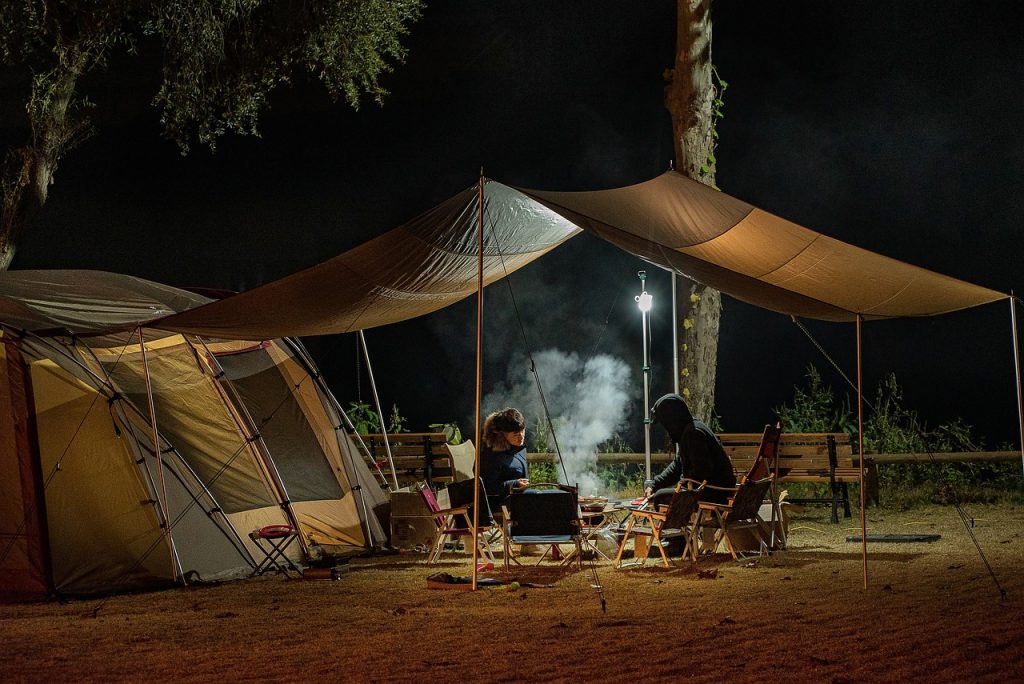
For those looking for a complete home on wheels, Class B RVs (also called campervans) come pre-equipped with sleeping areas, kitchens, bathrooms, and even air conditioning.
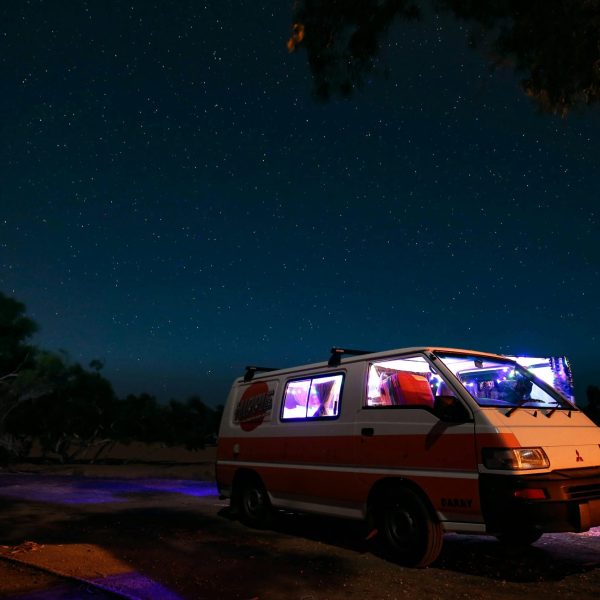
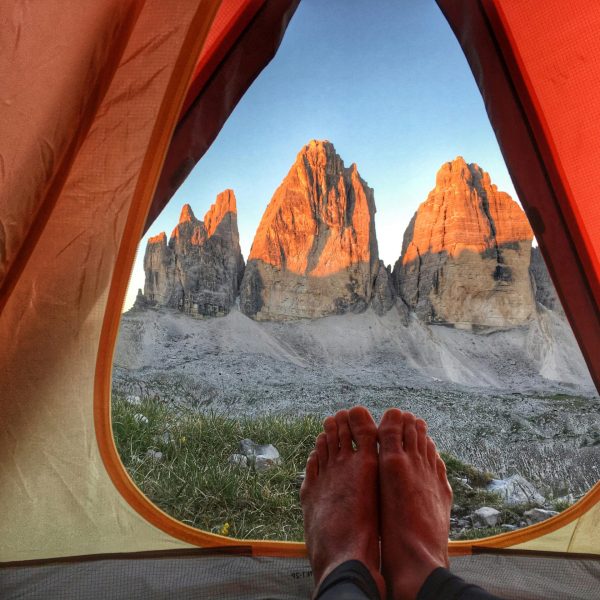
Safety: Before parking for the night, assess the surroundings for security. Avoid isolated areas, check for local laws regarding overnight parking, and use reflective window covers for privacy.
Health and Hygiene: Staying clean on the road can be a challenge. Many van campers carry hygiene kits with essentials like biodegradable wipes, hand sanitizers, and dry shampoo. Regular access to public restrooms, gyms, or campgrounds can also make it easier to shower and stay clean.
